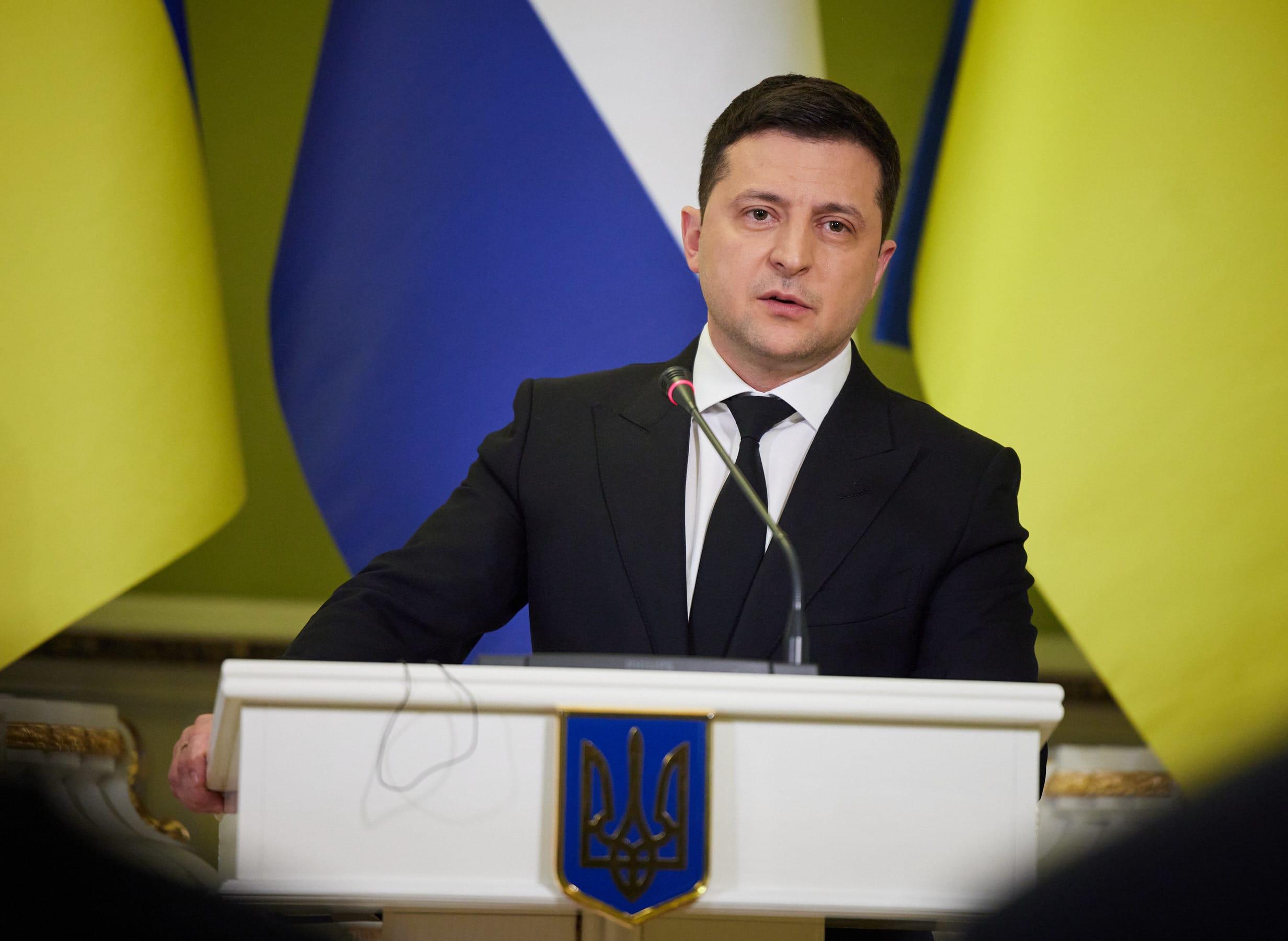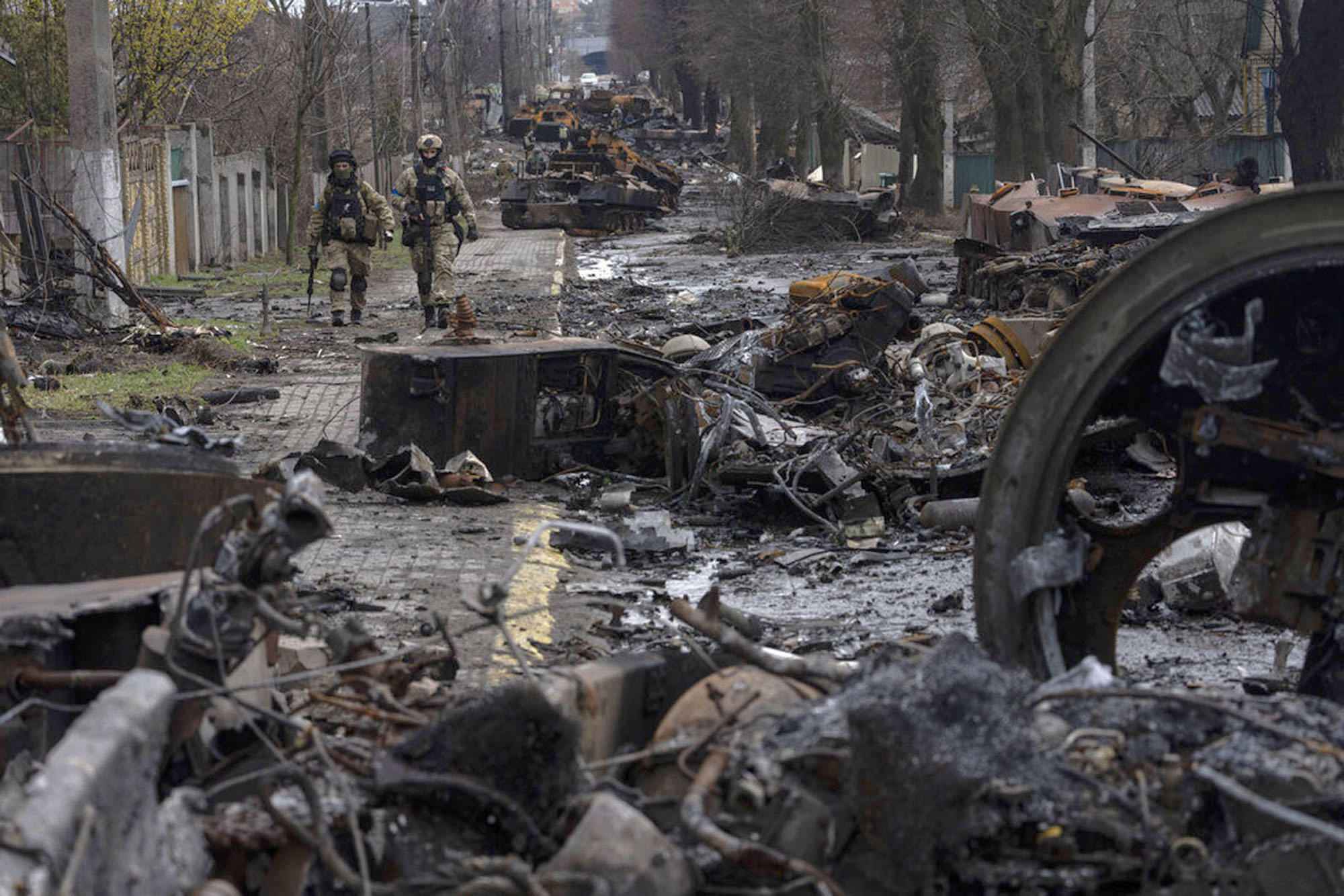Welcome to our roundup of news and current events related to ethics and international affairs! Here’s some of what we’ve been reading this past month:
 Global Warming. Photo Credit: Medi2Go via Pixabay
Global Warming. Photo Credit: Medi2Go via Pixabay
The New York Times: 5 Takeaways From the U.N. Report on Limiting Global Warming
According to a new report by the Intergovernmental Panel on Climate Change, which produces a comprehensive overview every six to eight years, nations are not doing enough to prevent global warming from increasing to perilous levels within the lifetimes of most people on Earth today. One of three, this report focused its findings on how to cut emissions to limit the devastation, urging countries to act now. Climate reporter Raymond Zhong sums it up in five main points: first, without swift action, we are headed for trouble; second, emissions are tied to economic growth and income; third, clean energy has become more affordable; fourth, altering the climate path will not be easy or cheap; and fifth, there are other steps that could help and would not break the bank.
Read more about the environment, climate change, and sustainability in Ethics & International Affairs:
Climate Displacement and the Legal Gymnastics of Justice: Is It All Political? (2021: Volume 35.2)
Dwelling in the Age of Climate Change: The Ethics of Adaptation (2020: Volume 34.2)
A Luxury Carbon Tax to Address Climate Change and Inequality: Not All Carbon Is Created Equal (March 2020)
 President Volodymyr Zelensky met with Dutch PM Mark Rutte in the Mariinskyi Palace, Kyiv on February 2, 2022. Photo Credit: President of Ukraine via Wikimedia Commons
President Volodymyr Zelensky met with Dutch PM Mark Rutte in the Mariinskyi Palace, Kyiv on February 2, 2022. Photo Credit: President of Ukraine via Wikimedia Commons
BBC: Ukraine war: Peace talks still on despite 'genocide', Zelensky says
Ukraine's President Volodymyr Zelensky spoke in Bucha, near the capital Kyiv, where bodies of civilians were found on the streets after Russian troops withdrew, and said peace talks will continue. In Bucha, witnesses described Russian soldiers firing on men after refusing them the right to flee through humanitarian corridors. Ukraine started a war crimes investigation in response to having found 410 civilian bodies in areas around Kyiv. Russia claims images of these atrocities have been staged by Ukraine, while Zelensky continues to call out Russian troops for their acts of genocide. Nevertheless, Zelensky has insisted that peace efforts must continue, both diplomatically and militarily.
Read more about the war in Ukraine, armed conflict, and peace talks in Ethics & International Affairs:
First Georgia, Then Ukraine: How Russian Propaganda Justifies Invasions (March 2022)
Ukraine: An Ethical Response (March 2022)
Negotiating Peace: A Guide to the Practice, Politics, and Law of International Mediation (2019: Volume 33.3)
 Soldiers walk amid destroyed Russian tanks in Bucha, in the outskirts of Kyiv, Ukraine, Sunday, April 3, 2022. Photo Credit: Rodrigo Abd via Flickr
Soldiers walk amid destroyed Russian tanks in Bucha, in the outskirts of Kyiv, Ukraine, Sunday, April 3, 2022. Photo Credit: Rodrigo Abd via Flickr
Reuters: West pledges to punish Russia over civilian killings in Bucha
The killings in northern Ukraine, where a mass grave of people shot at close range were found in a town seized by Russian forces, elicited pledges from the West of further sanctions against Moscow. This included talks of restricting the billions of dollars in energy that Europe still imports from Russia. German Defense Minister Lambrecht said the EU must discuss banning Russian gas, while other officials remain hesitant for fear of inducing a European energy crisis. Russia has denied all accusations related to the murder of civilians, while both President Zelensky and President Biden have called for a war crimes trial against Putin. The United States is backing a multinational team of prosecutors to help collect and analyze evidence of atrocities, and the Biden administration said new U.S. sanctions would be announced this week.
Read more about the war in Ukraine, war crimes, and sanctions in Ethics & International Affairs:
Russia, Ukraine, and the Demise of Smart Sanctions (March 2022)
Solidarity, Not Neutrality, Will Characterize Western Aid to Ukraine (March 2022)
War Crimes and the Asymmetry Myth (2021: Volume 35.3)
Ending Atrocity Crimes: The False Promise of Fatalism (2018: Volume 32.3)
 COVID-19 temporary vaccine site at Nanjing E. Rd., Shanghai. Photo Credit: SSYoung via Wikimedia Commons
COVID-19 temporary vaccine site at Nanjing E. Rd., Shanghai. Photo Credit: SSYoung via Wikimedia Commons
NPR: 26 million people in Shanghai are locked down due to a surge in COVID cases
Amid an ongoing lockdown confining 26 million people to their homes, the COVID-19 outbreak in Shanghai, China's largest city, remains "extremely grim." Since the resurgence of the highly contagious Omicron variant in March, Shanghai has reported over 73,000 positive COVID-19 infections. As a result, China is mass testing residents and has sent more than 10,000 health workers, including 2,000 military personnel, to the city. No deaths have been attributed to the outbreak, driven by the more infectious but less lethal Omicron BA.2 variant. Complaints have arisen in Shanghai over difficulties in obtaining food and other daily necessities as well as shortages of medical workers and beds in isolation wards. As transportation and non-essential businesses have closed, widespread concern is growing surrounding the impact on China's financial capital. Despite growing public frustration, China appears to be sticking to its "zero tolerance" approach to the pandemic.
Read more about China, COVID-19, and surveillance in Ethics & International Affairs:
Justifying Lockdown (May 2020)
China's Global Identity: Considering the Responsibilities of Great Power (2019: Volume 33.3)